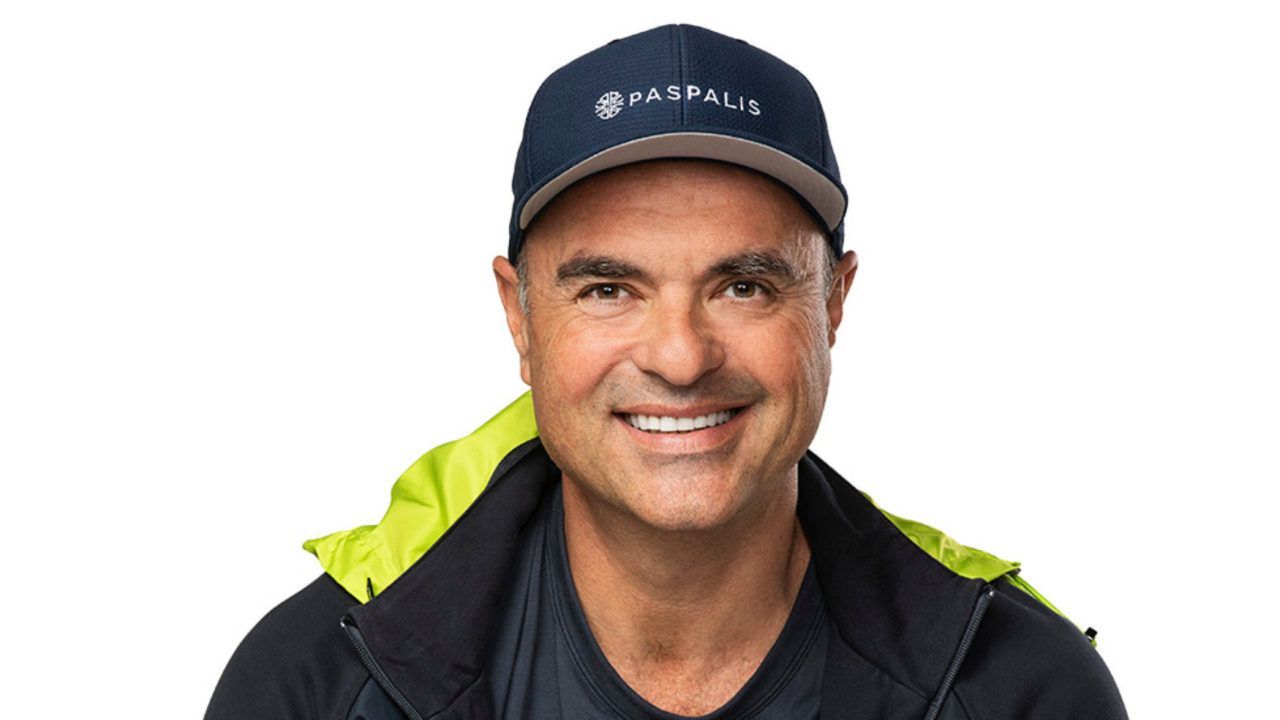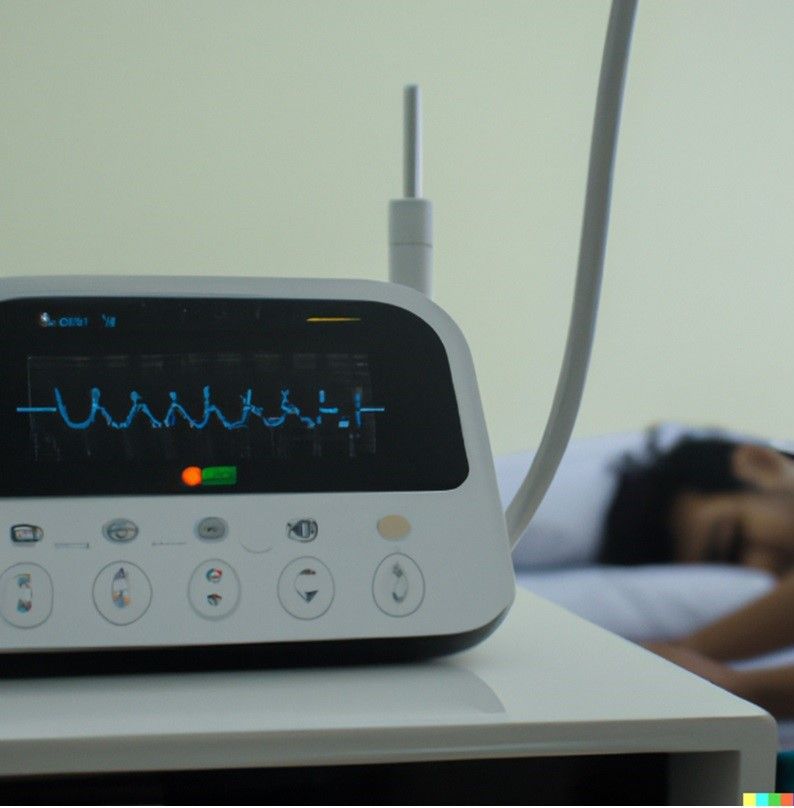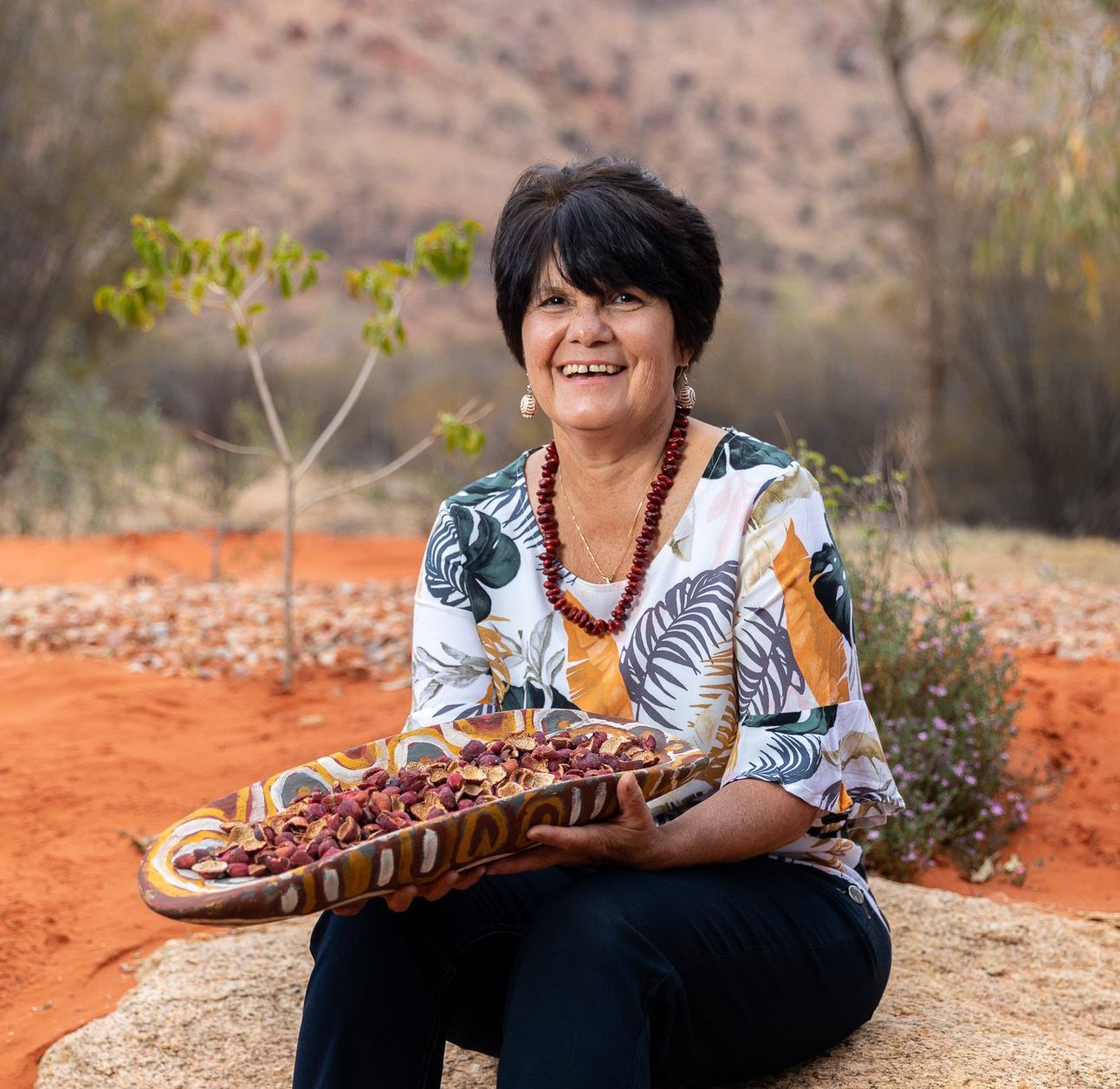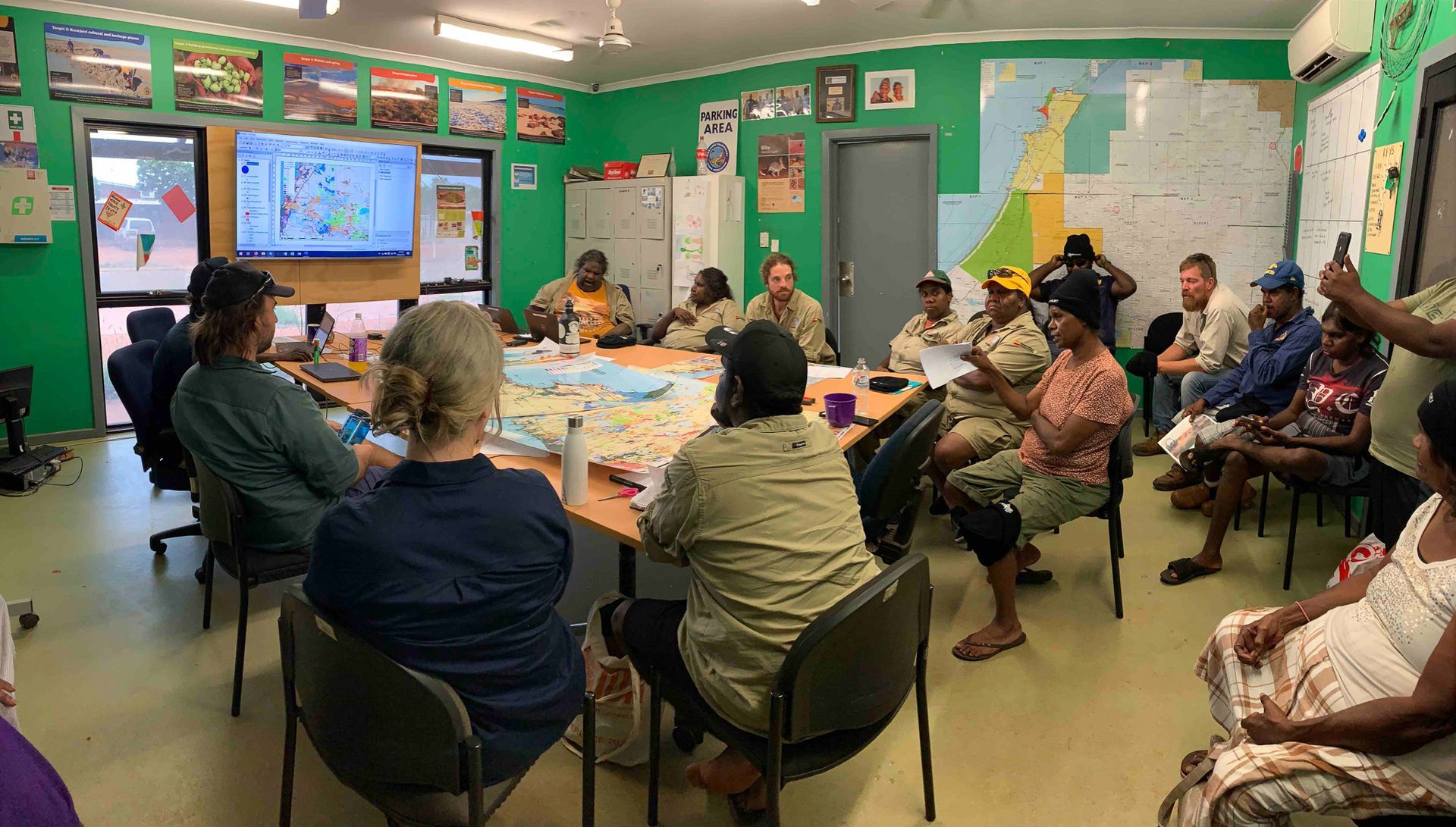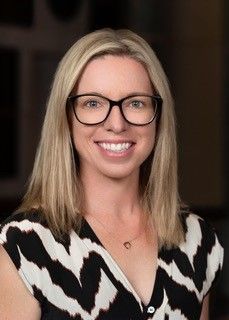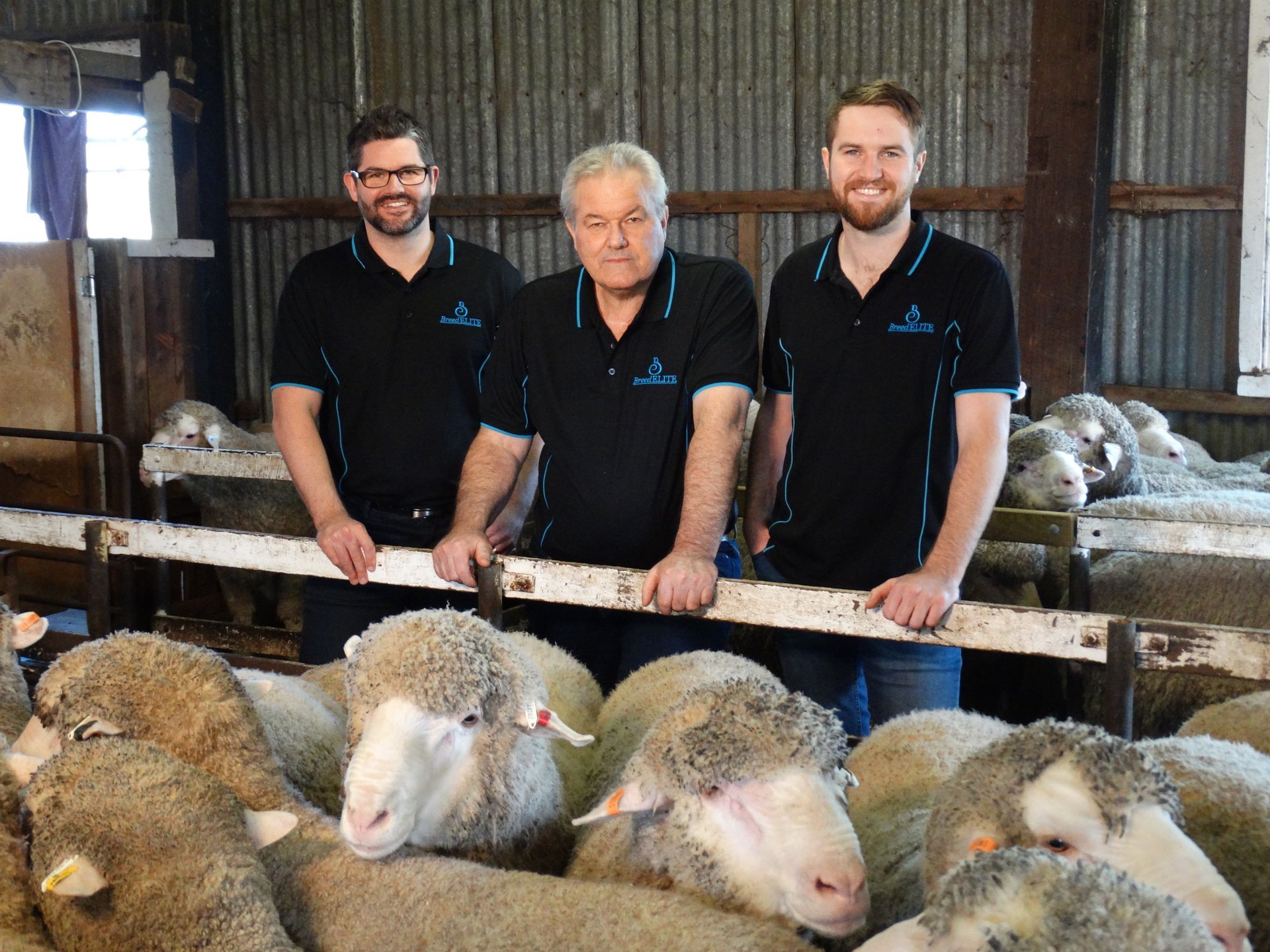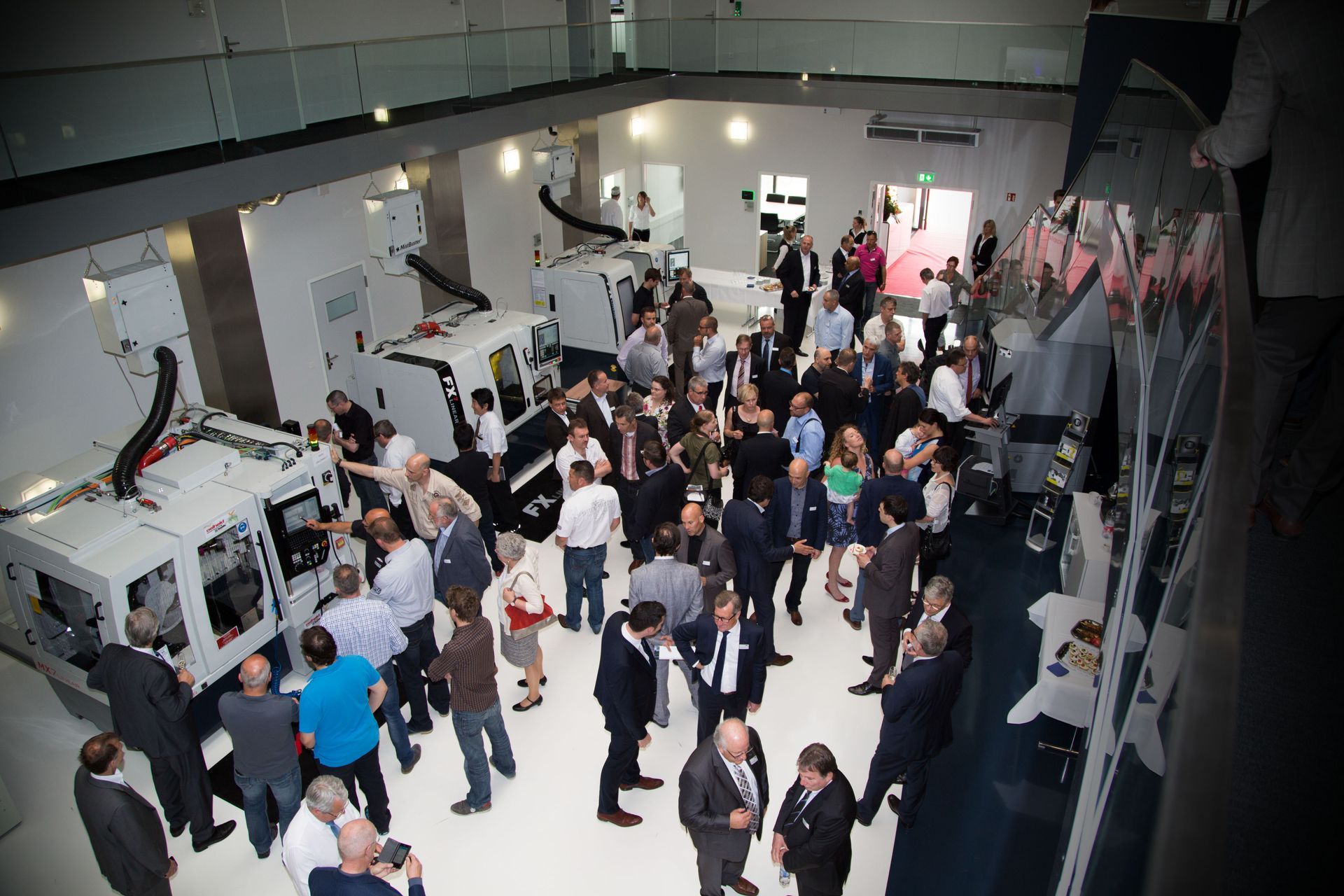ARC selects Laureate Fellows
Elizabeth Gracie

The Australian Laureate Fellowships for 2020 have been awarded to a variety of multidisciplinary researchers from across the nation to support seminal and internationally competitive study.
Successful applicants have now received five years of funding on a full-time basis to support their research into a chosen field of study by the Australian Research Council (ARC).
This will accumulate to a steady 47.3m over the next five financial years.
Out of 157 total applicants, fifteen Australian Laureate Fellows were approved for 2020 funding at an overall success rate for 9.6%.
All fifteen were beyond 20 years of the initial awarding of their PhD.
This included 122 male candidates and 35 female candidates.
Within the Australian Government’s Science and Research Priorities, Health had four applications funded for a total of $12.9m, winning the most funding. Advanced Manufacturing saw three applications approved for a total of $9.8m, followed by Environmental Change, which had two projects funded for a total of $6.1m.
Soil and Water, and Food each had one project funded, for a total of $3.3m. Cybersecurity also features one research project, with $2.6m allocated.
From the ten Energy projects, eight Resources projects, and four Transport projects considered, none won funding, though three projects outside of the Science and Research Priorities were funded for a total of $9m.
The University of New South Wales had the most success, with five successful applicants: Professors Alison Bashford, Ross Buckley, Dennis Del Favero, Martina Stenzel and Toby Walsh.
The Australian National University (ANU) and The University of Queensland came in second place and were each funded for two projects in the field of environmental change.
However, Professor Robert Williamson from ANU declined $3.1m in funding for research into the development of a systematic theory of ethical machine learning prior to the award announcement on July 6th, noting that Williamson had since left the organisation.
The remaining six institutions that each received funding for a singular research project was Monash University, Murdoch University, The University of Melbourne, The University of Sydney, The University of Western Australia and the University of South Australia.
Moreover, out of the 35 female applicants, 30 applied for the Kathleen Fitzpatrick Australian Laureate Fellowship and Georgina Sweet Australian Laureate Fellowship.
Recipients of these fellowships are provided with additional funding to “undertake an ambassadorial role to promote women in research and to mentor early career researchers, particularly women, to encourage them to enter and establish careers in research in Australia” according to the ARC.
Professor Lovelock is the 2020 recipient of the Georgina Sweet Australian Laureate Fellowship and will help grow the Flying Scientists Initiative which visits rural towns to encourage young girls and women to pursue careers in STEM fields.
Maureen Dollard from the University of South Australia is the 2020 recipient of the Kathleen Fitzpatrick Australian Laureate Fellowship and will lead 50 PhD research students to improve research strategies and develop new opportunities for interdisciplinary research.
She will also assist Australia’s corporate climate by developing evidence to improve the efficiency of health and social policy and provide new ideas to create safer and higher quality workplaces.
Minister for Education Dan Tehan said both women were excellent examples of females promoting female participation in research.
“Both researchers will be worthy ambassadors, mentoring female researchers to achieve excellence and to progress within their chosen fields.”
“Professors Lovelock and Dollard will be able to use their experience as researchers to inspire and support more women to follow in their footsteps into research”.
The fellowships also highlight the value of international collaboration.
The fifteen approved projects for funding foreshadow an individual 72 instances of collaboration with researchers in 30 overseas locations which include the United States of America, United Kingdom, Germany, The Netherlands, Belgium, Singapore, Japan, Canada, Vietnam, Switzerland, Sweden, Hong Kong, China and other countries.
ARC CEO Professor Sue Thomas said that “these esteemed fellowships provide support to some of our best and brightest researchers working to build on Australia’s knowledge base for the future.”
NEW SOUTH WALES
Professor Dennis Del Favero - The University of New South Wales -
to harness revolutionary advances in art and technology to create a cutting-edge digital platform that provides users with life-like visual experiences so they can safely navigate a range of unpredictable and risk-laden environments, such as wildfire landscapes, in real-time and at real scale.
Professor Ross Buckley - The University of New South Wales -
to inform Australia’s legal and regulatory systems to ensure they are fit to deal with the transformative rise of data and its algorithmic analysis to lift economic growth, enhance cybersecurity, and enhance protections of consumer and individual rights.
Professor Martina Stenzel - The University of New South Wales
- to develop a toolset that allows the design of very small nanoparticles that display enhanced biological activity that will have application for nanomedicine, catalysis and sensors.
Professor Alison Bashford - The University of New South Wales
- to deepen Australian understanding of complex and longstanding population questions in the Asia Pacific region, focusing on how population policies emerged and what their present legacies are, to inform evidence-based policy.
Professor Toby Walsh - The University of New South Wales
- to understand how to build fairer and more efficient AI systems that humans can trust and which will improve the competitiveness of Australian businesses and delivery of health services.
Professor David James - The University of Sydney
- to dissect how genes interact with the environment to better understand the ageing process and lay the foundation for personalised health strategies to optimise healthy ageing in humans
QUEENSLAND
Professor Jochen Mueller - The University of Queensland
- to minimise the adverse impacts of chemical exposure in Australia by developing effective predictive tools and identifying emerging chemicals of concern.
Professor Catherine Lovelock - The University of Queensland
- to assess how the restoration of coastal wetlands influences carbon storage and greenhouse gas fluxes, develop new methodologies and generate new research to inform coastal wetland management globally.
Professor Lovelock is also the recipient of the 2020 Georgina Sweet Australian Laureate Fellowship
– to promote STEM to girls and young women in regional Queensland, building on the ‘Flying Scientist’ initiative.
VICTORIA
Professor Huanting Wang - Monash University
- to create a novel class of advanced membranes by making fundamental breakthroughs in nanofluidics, and harnessing this for developing new renewable energy and low-energy separation technologies.
Professor Kari Vilonen - The University of Melbourne
- to address deep longstanding questions about mathematics that will increase Australia’s capacity in number theory and algebraic geometry, which are playing an ever more important role in technology and communications.
AUSTRALIAN CAPITAL TERRITORY
Professor Loeske Kruuk - The Australian National University
- to determine the effects of changing environments on wild animal populations across Australia to improve wildlife management and conservation.
SOUTH AUSTRALIA
Professor Maureen Dollard - University of South Australia
- to assist Australia’s corporate climate by developing compelling evidence to improve efficiency, health and social policy, and provide new ideas to create safer, better quality workplaces.
Professor Dollard is also the recipient of the 2020 Kathleen Fitzpatrick Australian Laureate Fellowship
– to grow the next generation of female researchers by inviting them to join a program that includes workshops to explore contemporary workplace issues, learn strategies for undertaking world-leading research and opportunities to work together to develop innovative interdisciplinary research.
WESTERN AUSTRALIA
Professor Elaine Holmes - Murdoch University
- to deepen understanding of how and why our gut bacteria (microbiome) changes with age using next-generation sequencing technologies.
Professor Andrew Millar - The University of Western Australia
- to understand the processes and genes that regulate synthesis and degradation of proteins in wheat and barley plants to benefit Australia’s grain industries.
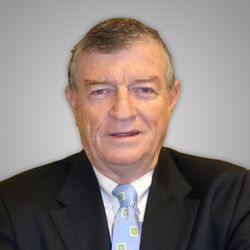
In 2016 I published a blog article titled Moonshots for Australia: 7 For Now. It’s one of many I have posted on business and innovation in Australia. In that book, I highlighted a number of Industries of the Future among a number of proposed Moonshots. I self-published a book, Innovation in Australia – Creating prosperity for future generations, in 2019, with a follow-up COVID edition in 2020. There is no doubt COVID is causing massive disruption. Prior to COVID, there was little conversation about National Sovereignty or supply chains. Even now, these topics are fading, and we remain preoccupied with productivity and jobs! My motivation for this writing has been the absence of a coherent narrative for Australia’s business future. Over the past six years, little has changed. The Australian ‘psyche’ regarding our political and business systems is programmed to avoid taking a long-term perspective. The short-term nature of Government (3 to 4-year terms), the short-term horizon of the business system (driven by shareholder value), the media culture (infotainment and ‘gotcha’ games), the general Australian population’s cynical perspective and a preoccupation with a lifestyle all create a malaise of strategic thinking and conversation. Ultimately, it leads to a leadership vacuum at all levels. In recent years we have seen the leadership of some of our significant institutions failing to live up to the most basic standards, with Royal Commissions, Inquiries and investigations consuming excessive time and resources. · Catholic Church and other religious bodies · Trade Unions · Banks (and businesses generally, take casinos, for example) · the Australian Defence Force · the Australian cricket teams · our elected representatives and the staff of Parliament House As they say, “A fish rots from the head!” At best, the leadership behaviour in those institutions could be described as unethical and, at worst….just bankrupt! In the last decade, politicians have led us through a game of “leadership by musical chairs” – although, for now, it has stabilised. However, there is still an absence of a coherent narrative about business and wealth creation. It is a challenge. One attempt to provide such a narrative has been the Intergenerational Reports produced by our federal Government every few years since 2002. The shortcomings of the latest Intergenerational Report Each Intergenerational Report examines the long-term sustainability of current government policies and how demographic, technological, and other structural trends may affect the economy and the budget over the next 40 years. The fifth and most recent Intergenerational Report released in 2021 (preceded by Reports in 2002, 2007, 2010 and 2015) provides a narrative about Australia’s future – in essence, it is an extension of the status quo. The Report also highlights three key insights: 1. First, our population is growing slower and ageing faster than expected. 2. The Australian economy will continue to grow, but slower than previously thought. 3. While Australia’s debt is sustainable and low by international standards, the ageing of our population will pressure revenue and expenditure. However, its release came and went with a whimper. The recent Summit on (what was it, Jobs and Skills and productivity?) also seems to have made the difference of a ‘snowflake’ in hell in terms of identifying our long-term challenges and growth industries. Let’s look back to see how we got here and what we can learn. Australia over the last 40 years During Australia’s last period of significant economic reform (the late 1980s and early 1990s), there was a positive attempt at building an inclusive national narrative between Government and business. Multiple documents were published, including: · Australia Reconstructed (1987) – ACTU · Enterprise Bargaining a Better Way of Working (1989) – Business Council of Australia · Innovation in Australia (1991) – Boston Consulting Group · Australia 2010: Creating the Future Australia (1993) – Business Council of Australia · and others. There were workshops, consultations with industry leaders, and conferences across industries to pursue a national microeconomic reform agenda. Remember these concepts? · global competitiveness · benchmarking · best practice · award restructuring and enterprising bargaining · training, management education and multiskilling. This agenda was at the heart of the business conversation. During that time, the Government encouraged high levels of engagement with stakeholders. As a result, I worked with a small group of training professionals to contribute to the debate. Our contribution included events and publications over several years, including What Dawkins, Kelty and Howard All Agree On – Human Resources Strategies for Our Nation (published by the Australian Institute of Training and Development). Unfortunately, these long-term strategic discussions are nowhere near as prevalent among Government and industry today. The 1980s and 1990s were a time of radical change in Australia. It included: · floating the $A · deregulation · award restructuring · lowering/abolishing tariffs · Corporatisation and Commercialisation Ross Garnaut posits that the reforms enabled Australia to lead the developed world in productivity growth – given that it had spent most of the 20th century at the bottom of the developed country league table. However, in his work, The Great Reset, Garnaut says that over the next 20 years, our growth was attributable to the China mining boom, and from there, we settled into “The DOG days” – Australia moved to the back of a slow-moving pack! One unintended consequence of opening our economy to the world is the emasculation of the Australian manufacturing base. The manic pursuit of increased efficiency, lower costs, and shareholder value meant much of the labour-intensive work was outsourced. Manufacturing is now less than 6% of our GDP , less than half of what it was 30 years ago!
